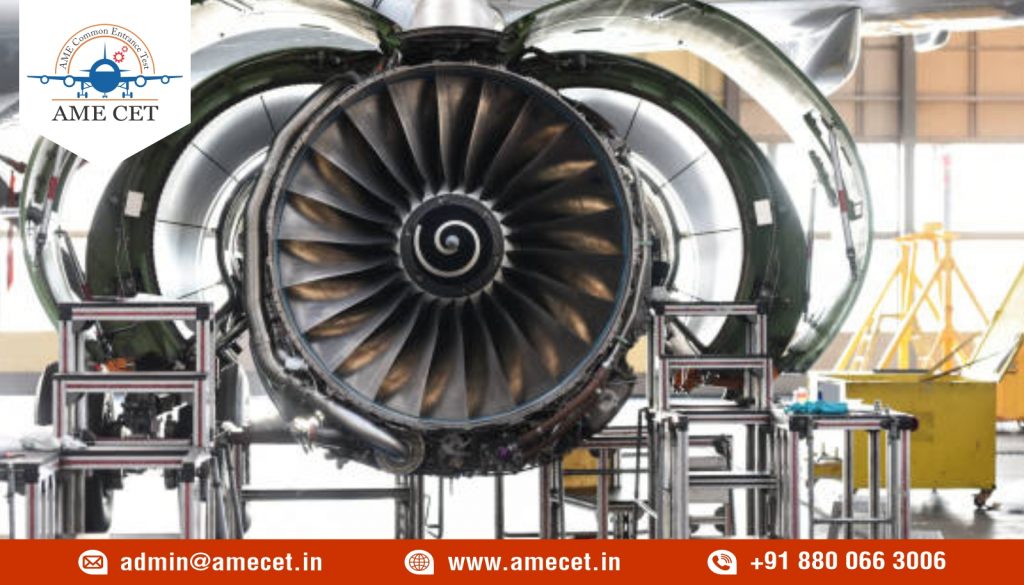The Skys the Limit: Unleashing Your Potential as an Aeronautical Engineer
Posted on : 10 January, 2024 6:26 pm
Introduction
Aeronautical Engineering is a branch of engineering that focuses on the design, development, and maintenance of aircraft (airplanes, helicopters, drones, etc.). It's a multidisciplinary field that combines principles of physics, mathematics, materials science, aerodynamics, and propulsion systems. Embarking on a journey into the world of aeronautical engineering opens up a world of limitless possibilities, where the sky is not just a boundary but a canvas waiting to be painted with innovation. Aspiring aeronautical engineers, get ready to spread your wings and explore the exciting and dynamic field that shapes the future of aviation.
Page Contents
ToggleScope of Aeronautical Engineering
As an Aeronautical Engineer, you'll have the opportunity to work on various aspects of flight, from designing cutting-edge aircraft to improving existing aviation technologies.
- Aircraft Design and Development: One of the primary roles of aeronautical engineers is to design and develop aircraft. This involves creating aerodynamically efficient structures, considering factors like fuel efficiency, safety, and performance.
- Propulsion Systems: Aeronautical engineers play a crucial role in developing propulsion systems that power aircraft. From traditional engines to innovative electric and hybrid propulsion systems, engineers work to enhance efficiency, reduce emissions, and push the boundaries of speed and range.
- Avionics and Control Systems: Avionics involves the electronic systems used in aircraft, including communication, navigation, and control systems. Aeronautical engineers contribute to the design and improvement of avionics, ensuring that aircraft operate safely and efficiently.
- Aerospace Research and Development: For those with a passion for pushing the boundaries of knowledge, aeronautical engineering provides opportunities in research and development. This constant promotes innovation that drives the evolution of the aviation industry.
Growth of the Aviation Sector Worldwide
The aviation sector has experienced remarkable growth and transformation over the years, making it an exciting time to be part of the aeronautical engineering community.
- Global Connectivity: With the rise of low-cost carriers and increased accessibility, air travel has become a common mode of transportation for people worldwide. This has led to a surge in demand for new and improved aircraft, creating a constant need for skilled aeronautical engineers.
- Technological Advancements: Advancements in technology have revolutionized the aviation industry. From the development of quieter and more fuel-efficient engines to the integration of advanced materials, aeronautical engineers are at the forefront of these technological breakthroughs.
- Sustainable Aviation: The aviation industry is actively working towards sustainability, aiming to reduce its environmental footprint. Aeronautical engineers are instrumental in designing aircraft with lower emissions, exploring alternative fuels, and implementing eco-friendly technologies to make air travel more sustainable.
Future of Aeronautical Engineers in India
- Growing Demand: Aeronautical engineers are in high demand as the aviation sector expands in India.
- Lucrative Salaries: The specialized skills of aeronautical engineers command competitive salaries in the industry.
- Innovation Opportunities: Constant technological advancements create opportunities for engineers to innovate in aircraft design and propulsion.
- Global Collaboration: Collaborations with international aerospace companies offer exposure to global standards and practices.
- Sustainable Focus: With the industry's increasing emphasis on sustainability, aeronautical engineers contribute to eco-friendly aviation solutions.
- Government Initiatives: Government initiatives like "Make in India" boost the aerospace manufacturing sector, creating more career opportunities.
- Rapid Technological Evolution: Engineers stay at the forefront of technological evolution, enhancing their skillset for future career advancements.
Blog

